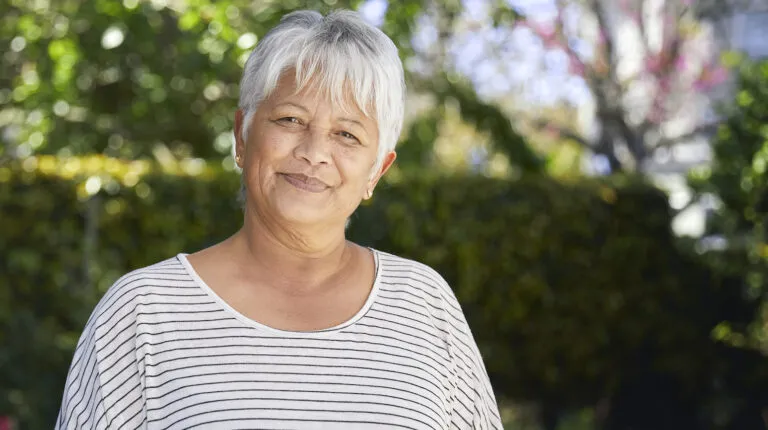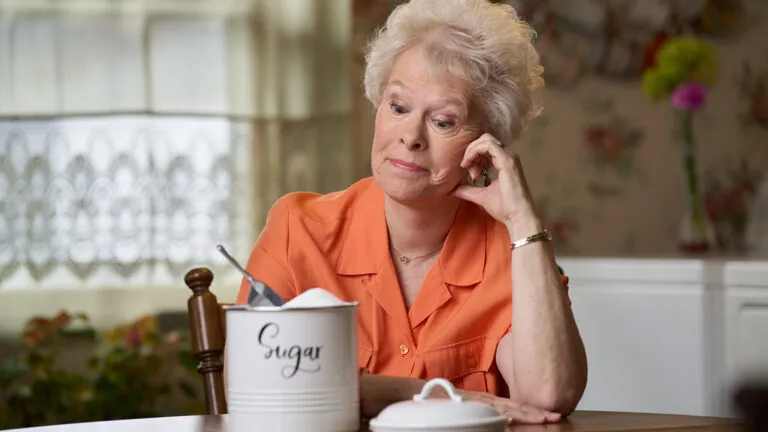When she died just before her 95th birthday, my grandmother, a published author, left me notes and research for a novel she’d been working on for several years. Paging through the ideas, details and plot twists she imagined, I realized something that inspired me tremendously—at any age, each person has a story to tell.
I brought this mindset to a creative writing course I recently taught at my town’s Senior Center. Our group was small, just four students, but over the course of six weeks, we explored character development, plot outlining, descriptive imagery and editing techniques. The students were a teacher’s dream—positive, respectful, engaged and receptive to feedback. They also did their homework without fail.
Read More: A Guideposts Author’s Writing Life
One student was working on a travel memoir. Another was compiling a family history. A third was mining high school memories for humor. The fourth was diving deep into her imagination. Each was, in one way or another, exploring the line between truth and fiction, memory and creative invention.
This is important work for older adults—research tells us creative pursuits positively impact aging adults in areas ranging from cognitive function to happiness. Organizations like The National Center for Creative Aging coordinate creative programs for seniors nationally, but most towns offer creative writing, dance, music or art programs through senior centers, libraries and community centers.
In the last session of my writing course, I shared a quote from Virginia Woolf: “Every secret of a writer’s soul, every experience of his life, every quality of his mind, is written large in his works.” In other words, every story written with attention and integrity is a “true” story in that it reflects the experiences and perspectives of the writer.
This applies to my grandmother’s historical fiction draft as much as it does to my student’s memoir. And it begs the question—which of your many stories are you ready to tell?





